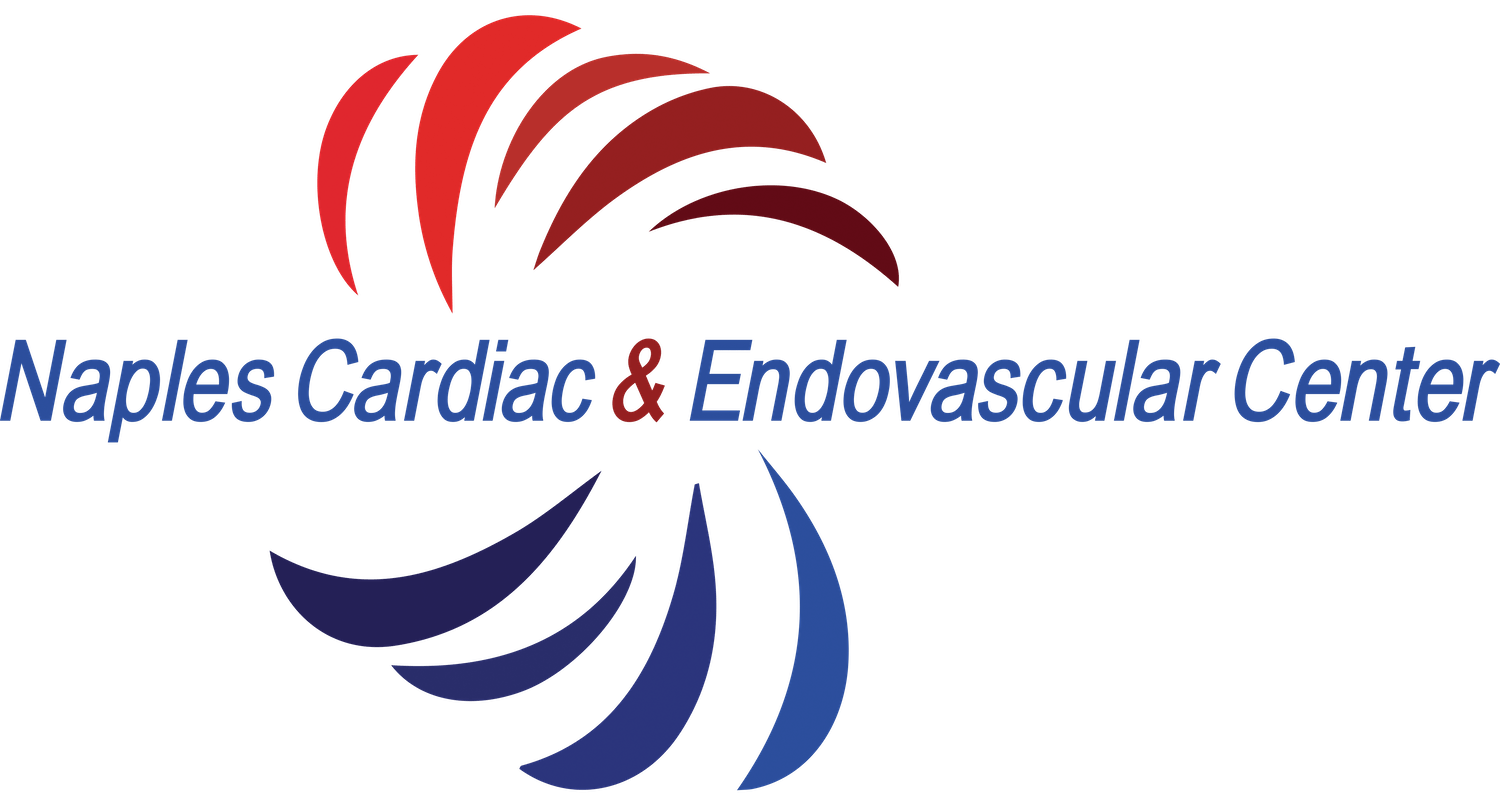What is a SPECT scan?
SPECT, or single photon emission computed tomography, is a type of nuclear imaging test that is used to evaluate how well the heart is functioning. SPECT imaging uses a small amount of radioactive material, which is injected into the patient's veins. The radioactive material then travels to the heart, where it emits gamma rays. These gamma rays are detected by the SPECT camera, which produces a images of the heart.
Dr. Labovitz explains what a SPECT scan is and how its used to diagnose heart disease.
Why is it done?
SPECT imaging can be used to diagnose a variety of heart conditions, including coronary artery disease, cardiomyopathy, and valvular heart disease. SPECT imaging is also used to evaluate the effectiveness of cardiac treatment.
If you have indications or symptoms of heart disease, such as chest pain or shortness of breath, you may require a nuclear stress test. If you have been diagnosed with a cardiac condition, a nuclear stress test may be used to guide your therapy.
When combined with medication, the test can assist assess if the heart receives enough blood flow during exercise vs rest. The drug has no effect on your heart rate. For patients who are unable to exercise on a treadmill, the medicine dilates blood vessels leading to the heart, boosting blood flow and thereby imitating exercise.
What can you expect during the test?
A nuclear stress test includes injecting a radioactive tracer and then capturing two sets of images of your heart — one at rest and one after exercise.
A nuclear stress test is performed in conjunction with an exercise stress test, which involves walking on a treadmill. If you are unable to exercise, you will be given a medication through IV that simulates exercise by boosting blood flow to your heart.
Depending on the radioactive tracer and imaging tests employed, a nuclear stress test might last two or more hours.
How to prepare for the test?
Do not eat or drink on the day of the test. You may, however, take tiny sips of water to assist you swallow your pills.
Caffeine-containing items should be avoided for 24 hours before the test. Caffeine may be found in coffee, tea, colas and other soft beverages, most chocolate goods, and strawberries (which contain a trace of caffeine), since caffeine will interfere with the test findings. Also, for 24 hours before the test, avoid decaffeinated or caffeine-free goods, as these contain trace levels of caffeine.
DO NOT SMOKE ON THE DAY OF THE TEST, since nicotine will interfere with your test findings.
After the procedure
If you feel okay after the exam, you can go home and continue your daily activities. Contact your doctor right away if you feel dizzy, weak, or have any chest discomfort.
Contact the ordering doctor for test results.
To request an appointment click below or call (239) 300–0586


